
Bethany Brookshire was a longtime staff writer at Science News Explores and is the author of the book Pests: How Humans Create Animal Villains. She has a B.S. in biology and a B.A. in philosophy from The College of William and Mary, and a Ph.D. in physiology and pharmacology from Wake Forest University School of Medicine. She was a 2019-2020 Knight Science Journalism Fellow at MIT, the winner of the Society for Neuroscience Next Generation Award and the Three Quarks Daily Science Writing Award, among others.

All Stories by Bethany Brookshire
-
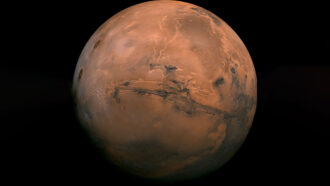 Planets
PlanetsLet’s learn about Mars
Traveling to Mars offers many challenges, including life without gravity, cosmic rays and communication delays.
-
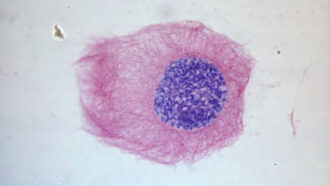 Microbes
MicrobesScientists Say: Nucleus
Nucleus comes from the Latin term “nuc,” meaning nut or kernel. In science there are lots of nuclei. Every one of them is the center of something.
-
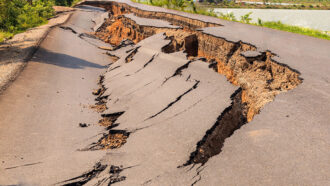 Earth
EarthScientists Say: Earthquake
An earthquake is a sudden and sometimes violent shaking of the ground.
-
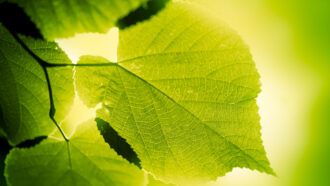 Plants
PlantsExplainer: How photosynthesis works
Plants can take in light, water and carbon dioxide, and send out sugar and oxygen. Here’s how it works.
-
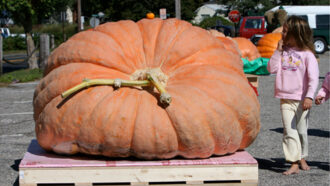 Plants
PlantsHere’s how giant pumpkins get so big
Cinderella took a ride in a pumpkin coach. Though real pumpkins do get big enough, here’s why their ride would be uncomfortable at best.
-
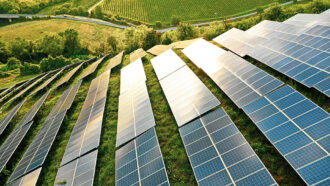 Climate
ClimateLet’s learn about solar power
Solar power is a way to harness energy from the sun, and lessen our reliance on fossil fuels.
-
 Health & Medicine
Health & MedicineScientists Say: Narcotic
Scientists refer to a narcotic as a drug that stops pain, but the word can be used in other ways as well.
-
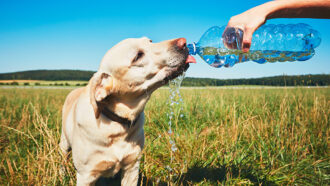 Climate
ClimateStudent scientists work to help all of us survive a warmer world
From glaciers in the refrigerator to a rover in the field, here’s how young scientists are looking to help us adapt to climate change.
-
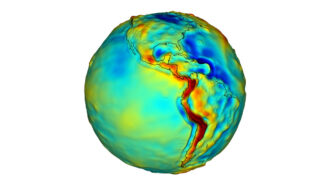 Space
SpaceScientists Say: Gravity
Gravity is a fundamental force that attracts objects with mass to other objects with mass. It decreases with distance.
-
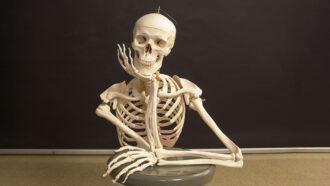 Health & Medicine
Health & MedicineLet’s learn about bones
Bones hold us up and help us fight gravity with every step. They also make blood cells, hormones and more.
-
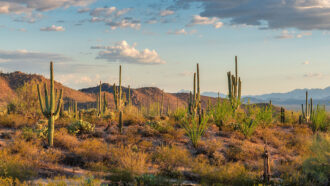 Ecosystems
EcosystemsScientists Say: Desert
Deserts are ecosystems that get less than 250 millimeters (10 inches) of precipitation per year.
-
 Chemistry
ChemistryStudy acid-base chemistry with at-home volcanoes
Baking soda volcanoes are a fun demonstration, and with a few tweaks they can be an experiment, too